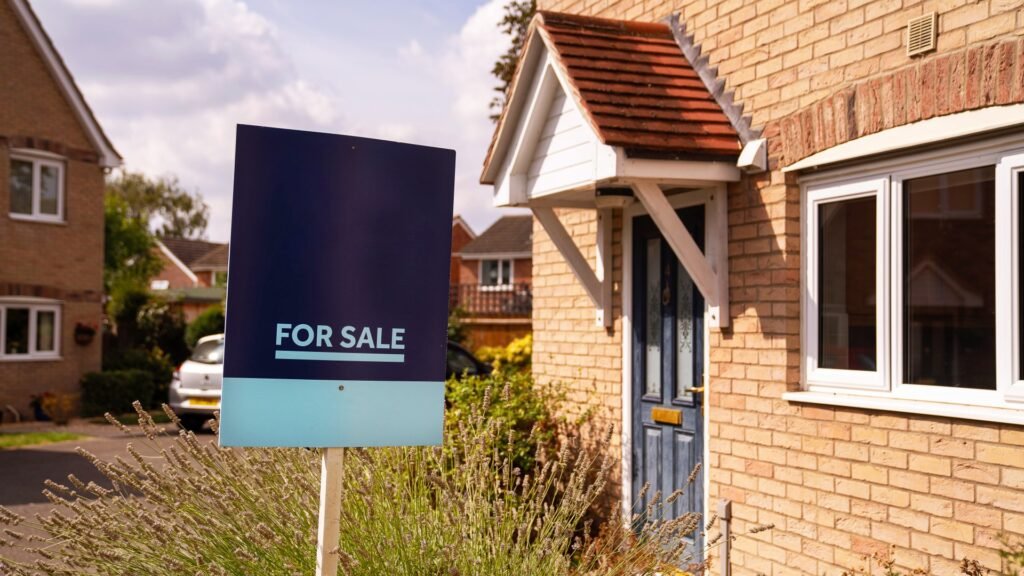CHEAPER mortgage rates that homeowners have been enjoying could soon disappear, brokers are warning.
After weeks of more favourable rates for homeowners, experts now say we may see an end to sub-4% mortgage deals due to rising inflation.
Government figures revealed inflation had risen to 3% in the 12 months to January, up 0.5% from December.
Analysts had been expecting a rise to about 2.8%, which is still well above the Bank of England‘s target of 2%.
Higher inflation can spell bad news for mortgage holders as it can encourage the Bank of England to hold interest rates.
In turn, that can mean lenders pull their lowest priced deals.
Fixed mortgage prices follow swap rates, which are based on market predictions for where interest rates may go in the months ahead.
The Bank recently cut its base rate from 4.75% to 4.5% and it is expected to cut rates a further three times this year.
But Rachel Springall, finance expert at Moneyfacts, said the market is “unpredictable” right now and rising inflation and economic uncertainty could limit cuts to the base rate.
“Inflation is expected to rise in the coming months, which in turn makes it less likely for more base rate cuts,” she said.
“This will frustrate the millions of borrowers looking to remortgage in 2025 who plan to secure a fixed rate mortgage for peace of mind.”
David Hollingworth, associate director at L&C Mortgages, said better-than-expected data last month had eased mortgage rates down.
Lenders have been competing aggressively on their rates, with some offering mortgage deals below 4%.
For example, Santander is offering a two-year fixed rate of 3.99% for those looking to remortgage.
Danske Bank has a two-year fix at 3.97% for home movers.
The jump in inflation will likely have the effect of tipping rates upwards again.
Mr Hollingworth said: “Today’s data could put some serious drag on any further momentum building for fixed rate cuts.
“With margins so tight for lenders, it could at best see fixed rates holding or at worst apply some upward pressure.”
He warned the lowest fixed-rate deals could therefore be “short-lived”.
“There’s not been a mad rush from lenders to join those leading sub 4% rates and if today’s news causes the cost of funds to edge up there’s every chance that the current crop could soon be snapped up,” he told The Sun.
“That could see replacement rates bounce back over the 4% marker, even though hikes are not likely to be big.”
So far, lenders have not yet reacted by pulling deals – which means homeowners and buyers may want to act fast.
Harps Garcha, director at Brooklyns Financial, said those looking to secure a new fixed rate should “consider acting sooner rather than later, before lenders adjust rates in response to the shifting market”.
Meanwhile Stephen Perkins, managing director at Yellow Brick Mortgages, said it is likely some of the best-priced deals currently available will be “pulled shortly”.
How to get the best deal on your mortgage
IF you’re looking for a traditional type of mortgage, getting the best rates depends entirely on what’s available at any given time.
There are several ways to land the best deal.
Usually the larger the deposit you have the lower the rate you can get.
If you’re remortgaging and your loan-to-value ratio (LTV) has changed, you’ll get access to better rates than before.
Your LTV will go down if your outstanding mortgage is lower and/or your home’s value is higher.
A change to your credit score or a better salary could also help you access better rates.
And if you’re nearing the end of a fixed deal soon it’s worth looking for new deals now.
You can lock in current deals sometimes up to six months before your current deal ends.
Leaving a fixed deal early will usually come with an early exit fee, so you want to avoid this extra cost.
But depending on the cost and how much you could save by switching versus sticking, it could be worth paying to leave the deal – but compare the costs first.
To find the best deal use a mortgage comparison tool to see what’s available.
You can also go to a mortgage broker who can compare a much larger range of deals for you.
Some will charge an extra fee but there are plenty who give advice for free and get paid only on commission from the lender.
You’ll also need to factor in fees for the mortgage, though some have no fees at all.
You can add the fee – sometimes more than £1,000 – to the cost of the mortgage, but be aware that means you’ll pay interest on it and so will cost more in the long term.
You can use a mortgage calculator to see how much you could borrow.
Remember you’ll have to pass the lender’s strict eligibility criteria too, which will include affordability checks and looking at your credit file.
You may also need to provide documents such as utility bills, proof of benefits, your last three month’s payslips, passports and bank statements.


